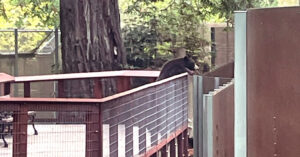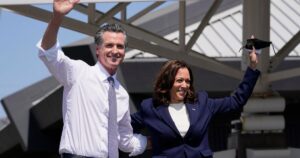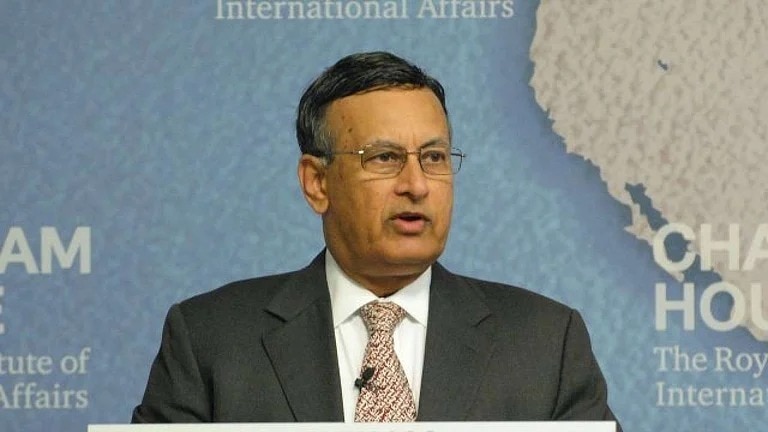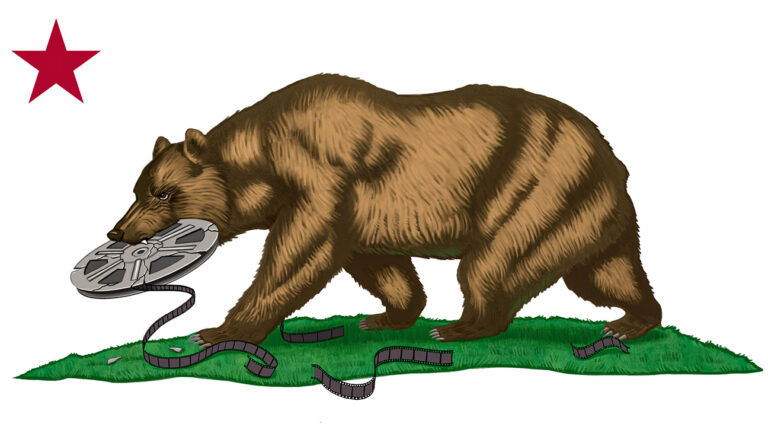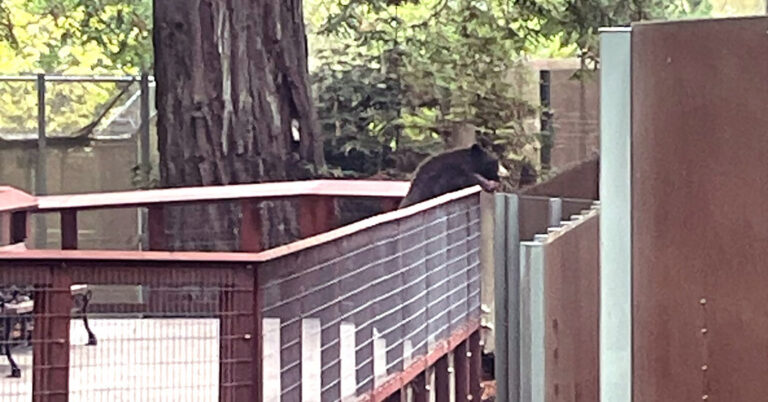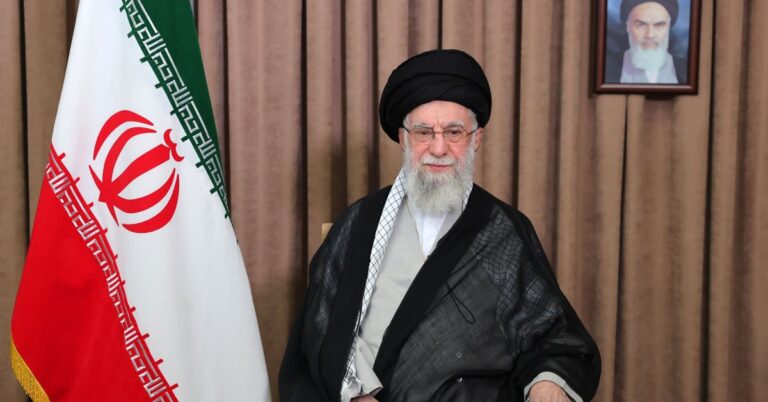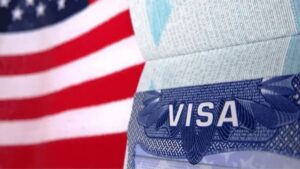“Pakistan is a dangerous place — but not for the reasons Americans think it is,” said Husain Haqqani, former Pakistani ambassador to the United States, during a candid conversation at the Aspen Ideas Festival in 2013. Haqqani, known for his critical views of Islamabad’s military dominance and strategic miscalculations, said Americans often misunderstand the root causes of instability in Pakistan, adding, “The Americans don’t get Pakistan.”
In the wide-ranging interview, Haqqani explained that the threat from Pakistan was not primarily external, but internal — stemming from its fractured national identity, rapid population growth, economic stagnation, and misplaced security priorities. “It was a country created with very little prior discussion and analysis,” he said, comparing Pakistan’s historical fragility with civilisations like Egypt, Iran, and India.
“India, for example — I understand Pakistanis are concerned about India. But let’s be real. India has never philosophically accepted the idea of Pakistan, but it has not been responsible for initiating any of the wars with Pakistan,” Haqqani stated.
He dismissed the notion that Pakistan is under genuine threat from neighbours like India or Afghanistan, calling the fears largely “psychological.” “Afghanistan is too weak and too poor to attack Pakistan,” he added. “So most of the problems that Pakistan sees itself in are psychological rather than real.”
Citing demographic concerns, Haqqani warned that with more than 210 million people (in 2013) — half of whom are under the age of 21 — Pakistan faces a massive education and poverty crisis. “One-third of them will never see the inside of any school, forget about madrasas,” he noted, while another third live just above the poverty line. “Yet the country has nuclear weapons.”
Haqqani was especially critical of Pakistan’s national security thinking. “We are now like the guy who keeps buying guns to try and protect himself and then says, ‘Oh gosh, I can’t sleep because I’m afraid somebody will steal my guns’.” He added that Pakistan’s fear of America taking its nukes is another “psychosis” created by its military establishment.
Haqqani’s remarks remain relevant a decade later, particularly in the aftermath of India’s precision strikes on terror infrastructure and military sites in Pakistan following cross-border attacks. When Pakistan retaliated and Indian struck back and destroyed airfields, the US made diplomatic some calls to New Delhi and Islamabad to de-escalate. President Donald Trump publicly claimed credit, saying Washington “helped settle” the tension. India, however, clarified that the ceasefire only took effect after a direct call from Pakistan’s Director General of Military Operations (DGMO) to his Indian counterpart.
Trump’s subsequent praise of Pakistanis as “brilliant people” who make “incredible products” drew sharp criticism in New Delhi, with Indian security experts questioning how the US could equate a democracy battling cross-border terror with a state widely accused of sheltering terrorists.



